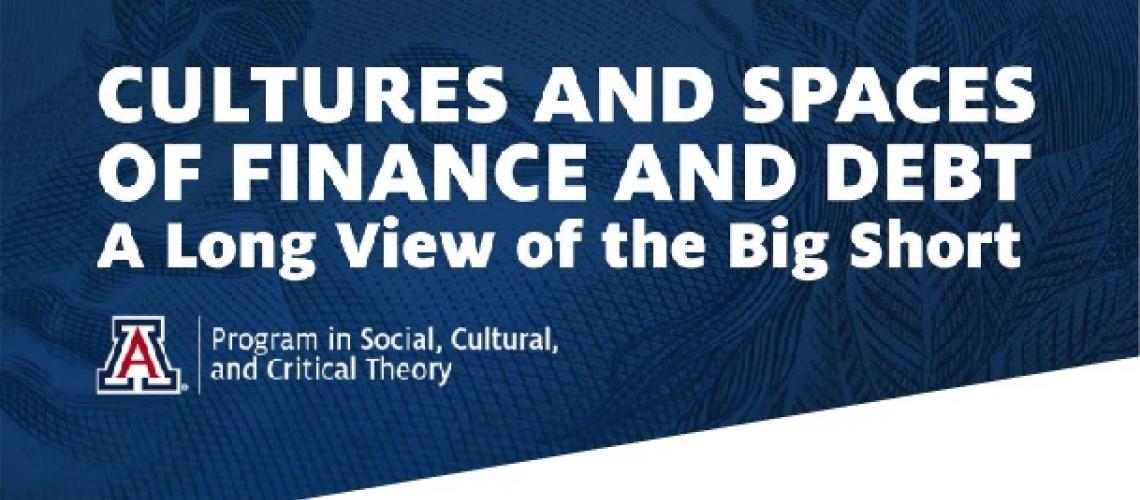
It has been ten years since the global financial crisis, but its effects remain all around us. Yet long before it first appeared on the horizon, Gilles Deleuze argued that the United States and other advanced capitalist states had become "societ[ies] of control," where social order was produced not only through disciplinary institutions (prisons, factories,schools), but increasingly through relations of debt; in short, "encircled man [sic] has become indebted man." The consequencesof this shift have been profound, altering human spaces and architectures as well as our daily lives, our sense of the future , intimate relationships and subjectivities.
To analyze the origins and consequences of the neoliberal "financialization" of the economy, society and culture, this seminar adopts interdisciplinary methodologies drawn from geography, history, literary analysis and critical theory to track the changing role of debt, finance and money in shaping the human experience from the scale of the body to the scale of the globe. To help us along the way, we will explore the work of Giovanni Arrighi, David Harvey, Annie McClanahan, David Graeber, Karl Marx, Michel Foucault, Wendy Brown, Mary Poovey, Fred Moten, Maurizio Lazzarato, Randy Martin, Arjun Appadurai, and Greta Krippner, among others. A speaker series with public presentations may be organized alongside the course.
Students enrolled in this course will have the unique opportunity to present their work at the international Futures of Finance and Society conference to be held in Tucson in Fall of 2019, and meet eminent scholars from across the US and around the world.
theory.arizona.edu
Tuesday afternoons
3:30-6:00 PM
Social, Cultural and Critical Theory Seminar (SCCT 510)
A Team-taught Interdisciplinary Course
Spring 2019
Instructors
Mark Kear, School of Geography and Development
Marcia Klotz, English and Gender & Women's Studies

